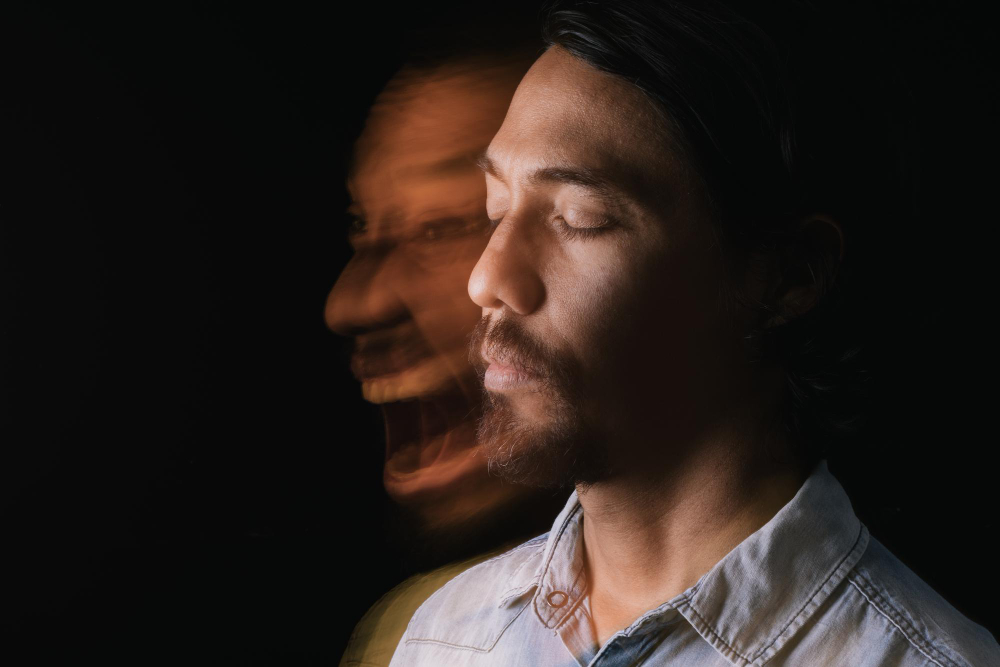General Health Tips & News
Disruptive Mood Dysregulation Disorder
By H.S. (staff writer) , published on March 10, 2022

Medicine Telehealth Health
Children and adolescents who suffer from disruptive mood dysregulation disorder (DMDD) are regularly plagued by irritation, anger, and outbursts of rage. DMDD is more than just a "poor mood." The effects of DMDD are severe.
When a child has DMDD, they have considerable difficulties at school, at home, and with their classmates.
They are also more prone to be hospitalized, suspended from school, and suffer from other mental problems.
What are the signs and symptoms of DMDD?
DMDD-experienced children and adolescents:
· Intense outbreaks of fury (either verbal or physical) occur at least three times each week.
· Tsunami-like episodes that have been going on for at least one year.
· Anger or irritability that lasts for much of the day, almost every day
· Inability to operate because of irritation in several places (at home, at school, and with peers)
· Between the ages of six and ten, children with DMDD are diagnosed. It takes at least 12 months of symptoms to diagnose DMDD.
How is DMDD diagnosed?
Talk to your kid's doctor if you suspect your child is suffering from DMDD symptoms. Your child's behaviour should be described, as well as what you have learned from talking to other adults, such as a teacher or school counsellor.
If you suspect that your child's conduct is linked to underlying health issues, a visit to your child's doctor may be necessary.
Contact your doctor for a recommendation to find a mental health expert with experience dealing with children and adolescents. DMDD symptoms might be present simultaneously with other irritability-related diseases, such as ADHD and anxiety disorders.
To get the best therapy, you need a precise diagnosis.
Treatment options for DMDD
Many DMDD-specific therapy trials have yet to be done, and the illness has only recently been diagnosed. Treatments for irritability in children are mostly based on research into other developmental diseases (such as anxiety and ADHD).
However, several of these medications are effective in treating DMDD as well. The National Institutes of Mental Health (NIMH) is presently financing research to improve and discover novel therapies for DMDD.
Families should work together with their children's doctors to choose the best treatment options for their children.
Psychotherapy (sometimes known as "talk therapy") and medicines are often used to treat DMDD.
First, counselling is evaluated, and then medicine is added afterwards. However, doctors may advise youngsters to begin treatment with psychotherapy and medication.
Psychotherapies
Using cognitive behavioural therapy (CBT), depressive or anxious thoughts and emotions in children and adolescents may be better managed.
It is common in CBT for anxiety to expose children to events that make them uncomfortable to teach those new ways of responding.
Clinicians may use similar methods to educate youngsters to better manage frustration without exploding.
Anger management and re-labelling of incorrect views are also taught in this treatment, which aims to help patients regulate their emotions.
References
1) Achenbach TM: Child Behavior Checklist. Burlington, VT: University of Vermont Department of Psychiatry; 1991
2) American Psychiatric Association: Diagnostic and Statistical Manual of Mental Disorders, 5th ed. Washington, DC: American Psychiatric Association; 2013
3) Mayes, S.D. et al. (2016) 'Disruptive Mood Dysregulation Disorder Symptoms and Association with Oppositional Defiant and Other Disorders in a General Population Child Sample', Journal of Child and Adolescent Psychopharmacology, 26(2), pp. 101–106. doi:10.1089/cap.2015.0074.
Find articles related to: Medicine Telehealth Health
More articles about General Health Tips & News
Back to the Health Tips Index




